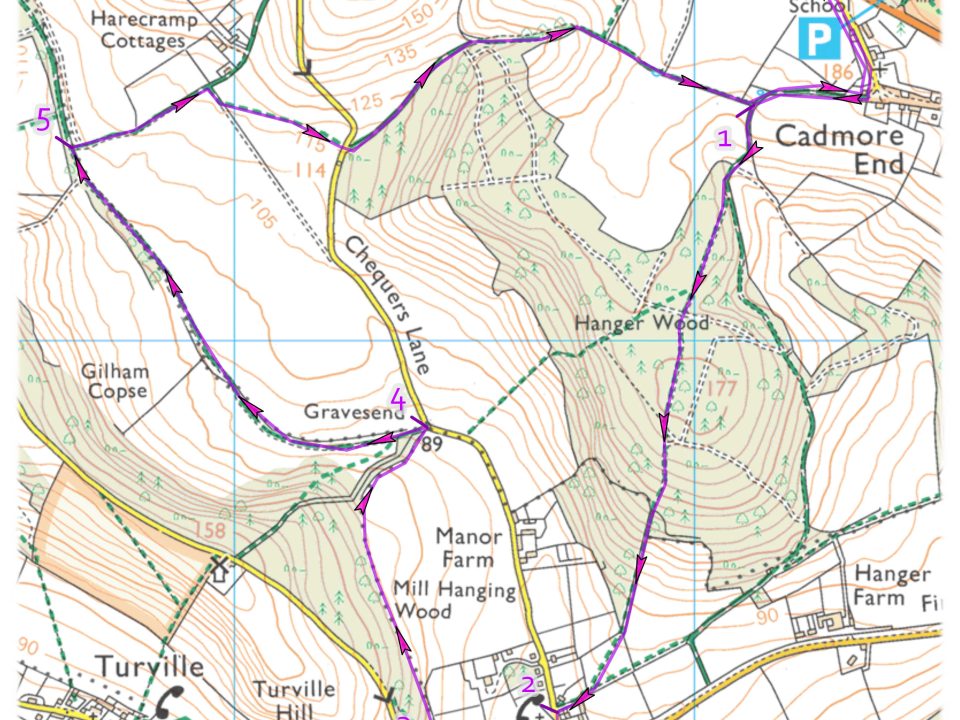How to help students navigate the crossroads of education, and the path into a potential career.
Students emerge from their studies – be that at the cessation of GCSEs or A-Levels, or even an alternative qualification – after a long and arduous stretch of formal education. For many of them, the prospect of transitioning from school to full-time employment is as daunting as it is foreign. After all, this represents a completely new experience, a leap from the familiar world of school into the largely unknown realm of professional life.
At 16 or 18, most young individuals are still trying to figure out who they are, let alone what career they intend to follow. While some might have a clear vision of their future job, many find themselves standing at the crossroads, unsure of which path to tread.
The statistics back this up. Recent research found that 52% of school leavers in the UK didn’t know what career they wanted to move into; and that total only fell slightly to 44% at the point where degree students were completing their studies.
As an adult looking over this, It’s important not to exert pressure on teenagers to decide on a specific career path. Young people are still discovering their interests, strengths and passions, and undue pressure can add unnecessary stress to an already overwhelming time.
Of course many parents will emphasise the value of continued education. Pursuing the next step, be that onto A-Levels, into degree studies, or perhaps another form of formal qualification, not only deepens a student’s understanding of a subject but can also provide a period of reprieve – a chance to tread water in terms of making career decisions… to explore, grow, and let a career preference naturally come into focus.
Online research, career advice services, and even work experience opportunities can provide invaluable insights. Volunteering or securing an internship within an industry can offer first-hand experience and a better understanding of the dynamics of a possible job. This practical experience not only looks good on a CV but can also help young people determine if a particular career path is right for them.
Lastly, and perhaps most importantly, parents need to reiterate that it’s okay to not know. The world of work is vast and varied, and it’s common for individuals to switch vocations multiple times throughout their working lives. Reinforcing this understanding can go a long way to alleviating the anxiety many young people feel about their future, at a time when they are perhaps confused or conflicted about several other issues.






